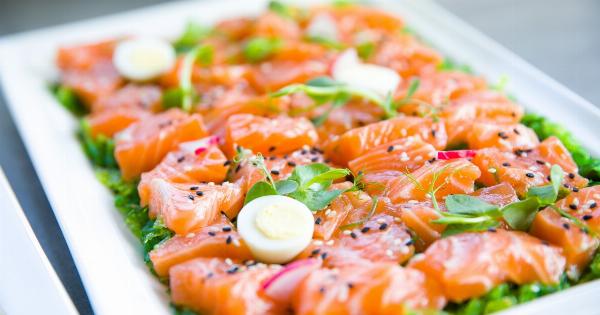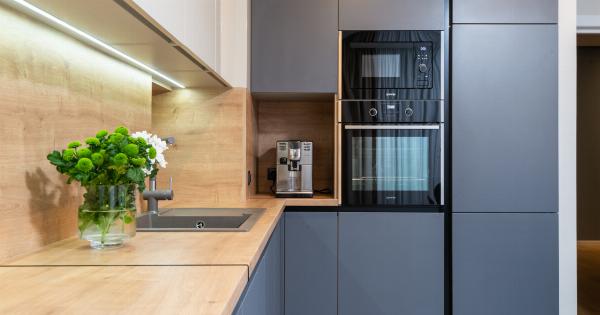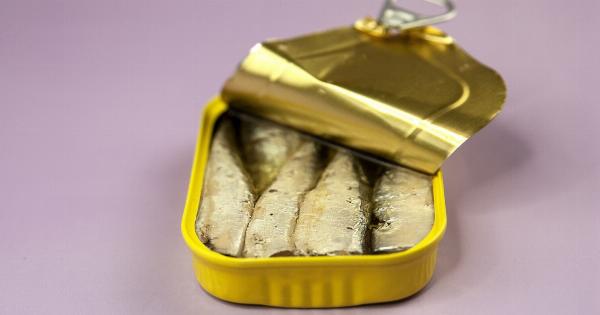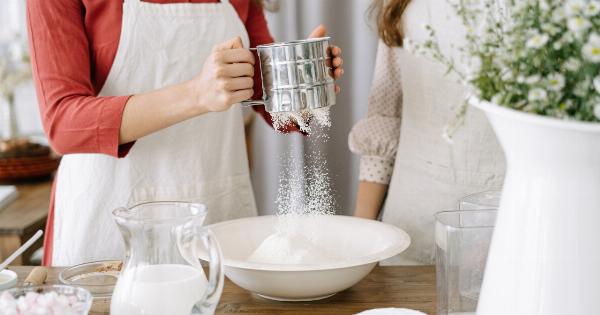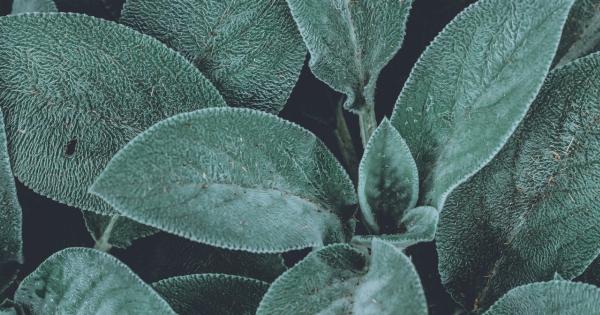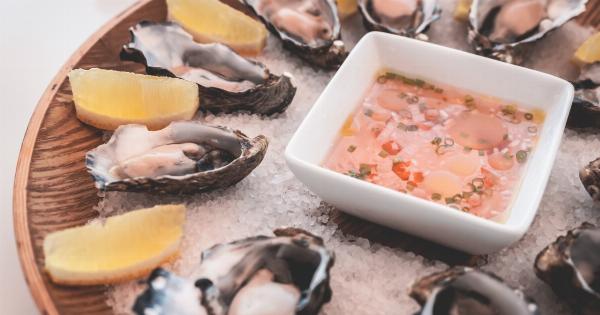Having a pet fish can be a great way to bring life and color to your home or office. Not only are fish beautiful to look at, but they are also relatively low-maintenance pets. However, just like any other pet, fish need proper care in order to thrive.
One of the most important aspects of fish care is providing them with a healthy diet. Here, we will discuss the importance of a balanced diet for fish, as well as some tips for choosing the right food for your aquatic pets.
Why is Diet Important for Fish?
Just like humans, fish require a balanced diet in order to stay healthy. A proper diet provides fish with the nutrients they need to grow, develop, and maintain their health.
A balanced diet can also help prevent disease and keep fish at optimal health, which will make them more active, alert, and beautiful to look at.
There are three main types of fish food: flakes, pellets, and frozen or live food. Flakes and pellets are the most common types of fish food and can provide a balanced diet for most types of fish.
Frozen or live food, such as brine shrimp, bloodworms, or krill, can be used as a supplement to provide additional nutrients to your fish, but should not be the sole source of food.
Choosing the Right Food for Your Fish
Choosing the right fish food can be a daunting task, especially if you are new to fishkeeping. Here are some tips to help you choose the best food for your fish:.
Consider the Type of Fish
Not all fish are the same, and different types of fish require different types of food. For example, herbivorous fish, such as goldfish or koi, require a diet that is high in plant matter.
Carnivorous fish, such as bettas or cichlids, require a diet that is high in protein. Omnivorous fish, such as guppies or tetras, require a balanced diet that includes both plant matter and protein.
Consider the Age and Size of Your Fish
Younger fish require a diet that is higher in protein and fat in order to support their growth and development. As fish mature, their dietary needs will change.
For example, adult fish may require a diet that is lower in protein and fat in order to maintain their health. Additionally, the size of your fish may impact the type of food they need. Smaller fish may require smaller food pellets or flakes, while larger fish may require larger food pellets or frozen foods.
Consider the Quality of the Food
The quality of the fish food you choose can have a big impact on the health of your fish. Look for fish food that is made from high-quality ingredients and is free from fillers and artificial preservatives.
Additionally, consider the nutritional value of the food. Look for fish food that provides a balanced diet and contains essential nutrients such as vitamins, minerals, and omega-3 fatty acids.
Tips for Feeding Your Fish
Feeding your fish is not just about choosing the right type of food. Here are some tips to help you feed your fish in a healthy and responsible way:.
Feed Your Fish the Right Amount
Overfeeding your fish can lead to health problems such as obesity and water pollution. As a general rule, feed your fish small amounts of food two to three times per day, and only give them as much food as they can eat in two to three minutes.
If you notice uneaten food floating in the tank after feeding, you may be giving your fish too much food.
Remove Excess Food from the Tank
Excess food that is not eaten by your fish can quickly degrade the water quality in your tank. Use a fish net or a gravel vacuum to remove excess food from the tank after feeding.
This will help keep the water clean and prevent health problems for your fish.
Alternate Types of Food
Feeding your fish the same type of food every day can be boring and may not provide them with a balanced diet.
Alternate between flakes, pellets, and frozen or live food to provide your fish with a variety of nutrients and keep them interested in their food.
Conclusion
Providing your fish with a healthy diet is one of the most important aspects of fish care. Choosing the right type of food, feeding your fish the right amount, and removing excess food from the tank can help keep your fish healthy and happy.
Remember to consider the type, age, and size of your fish, as well as the quality of the food, when choosing the right food for your aquatic pets.

